Why do we say OK?
Hey guys! Feeling OK? Let's discuss the most widely recognized word on the planet. After all, we use it in communication every day, and not only with each other, but also with technology. Does everybody have Alexa? Well, Google is definitely there!
In addition to a small tour of the history of the word, in this article you are waiting for the unique slang synonyms "OK" and a few colloquial expressions on the subject. So, jump in!
Few people know that in fact it all started with a language quirk in the 1830s. You may have heard a dozen theories about the emergence of words from one or another language, but there is one more interesting than others.
The word appeared about 200 years ago. In the 1830s, even before the appearance of any memes, people were already amused by deliberately erroneous abbreviations and words in local newspapers.
And one of these "jokes" had the imprudence to get stuck in them longer than the others: "OK", abbreviated from "oll korrect" (all correct). There were other "abbreviations" like "KC" = "knuff ced" = "enough said", "KY" = "know yuse" = "no use", "OW" = "oll wrigh" t = "all right".

The word became popular (hit the big time), starting with its debut in the 1839 edition of the Boston Morning Post. Other publishers immediately picked up the wave and began to spread it across the country.
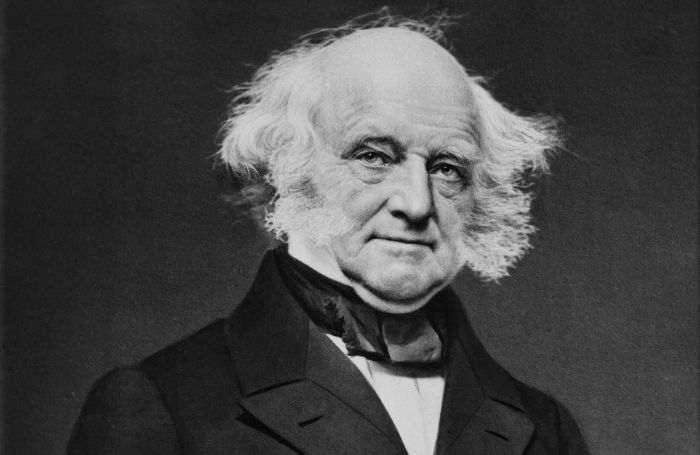
Further, the fame of “OK” increased thanks to the eighth president of the United States, Martin Van Buren and his “OK clubs”. The pseudonym “Old Kinderhook” (Kinderhook is a city in the state of New York where the president was born) during the Buren campaign gave birth to the advertising slogan “Old Kinderhook is OK” = “Old Kinderhook is Oll Korrect”. Apt slogan, is not it?
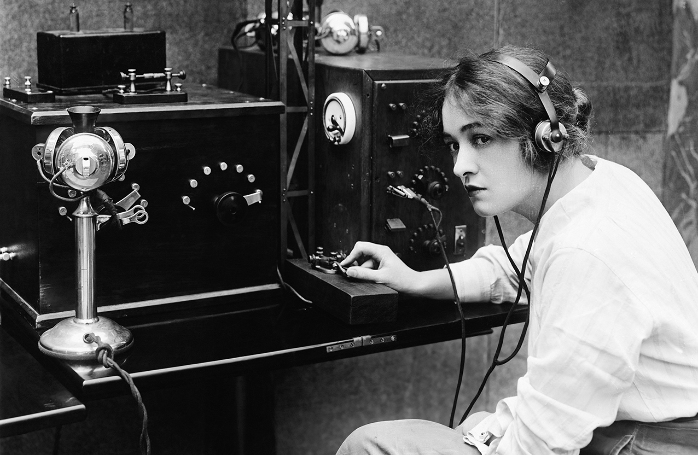
And then the telegraph appeared. It is thanks to him that the word reached the peak of its popularity. “OK” turned out to be very convenient - it was easy to tap, and it stood out significantly from other words.
Many believe that the secret of success lies precisely in the letter "K". Not everyone knows that in the popularity rating of English letters "K" already occupies 22 place! After it, only 4 follow: "J", "Q", "Z", "X". Consequently, people began to show interest in the letter and replace it with the familiar “C” in branding and marketing.
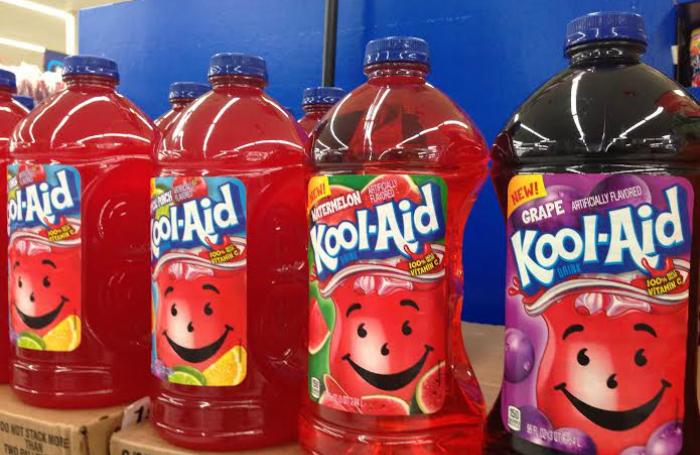
Later, in the 20th century, it became a kind of trend and continues to this day.

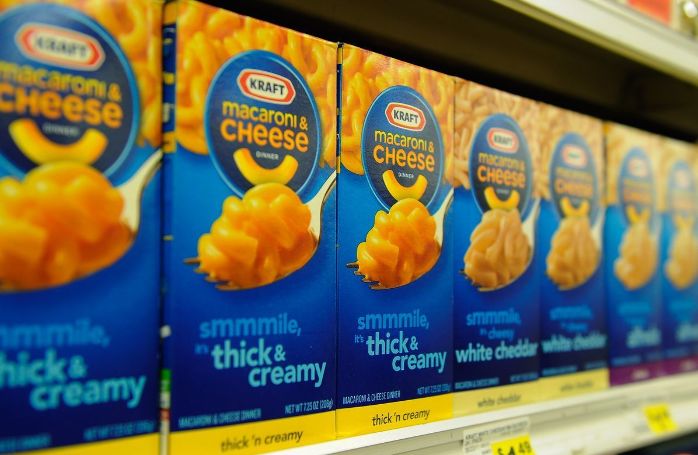

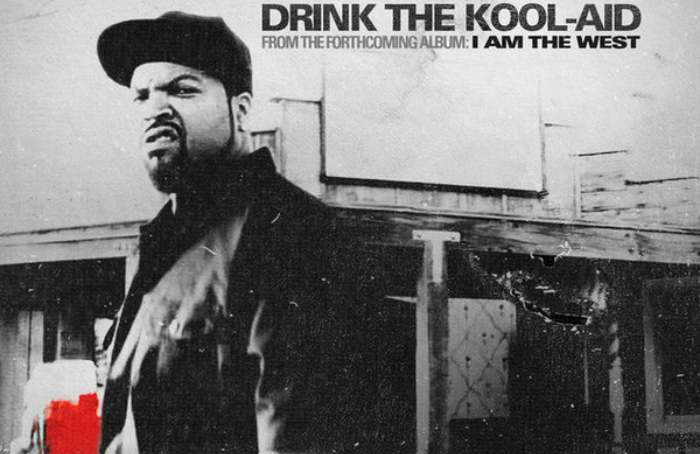
And so the word "OK" turned out to be the main "neutral confirmation" of today.
In the event that you suddenly want to respond to what has been said or express your consent in some other way, the following list may be very helpful.

Variants of “yes” : word, ya, yea, yeah, yeppers, yer, yessum, yis, yiss, yisss. OK
options : k, okay, doke; dokee; okee; okee-dokee; okey-dokey; okie-dokie.
And you know this, man! = Of course! = Definitely! - "Of course", "That's right!".
Damn straight! - "Damn right!", "Straight to the point!", "In the bull's-eye!". So you can aggressively answer someone, for example, the question:
Other versions of the agreement in this spirit: "word up", "for real (s)", "fo 'sho'", "true dat", "right on". And not so street: "amen", "bingo", "agreed upon".
Hundo (p) - 100 percent certainty (or dollars). Feel at 100. Even so, you can replace the “hundred”.
Sho'nuff (sure enough)! = Most certainly! = Definitely! = Damn right! - "But what about!"; "Still would!"; “Oto!”
Now you go to New York, you better check the vid below;)
Simon = Yeah or Yes = Si - the Spanish version of "Yes, of course." It is usually pronounced by Mexicans, Latin Americans, “cholitas and dangerous SS or“ vatos ”(brotherhoods) as“ Sea-Mon ”. This is “chicano slang”, you guessed it.
Hell (s) to the yes! - "Oh yeah!"; "Bull's-eye!"; "Hell yes!".
No diggity! = No doubt! - "Without a doubt!"; "Vernyak!" "Stopudovo!".
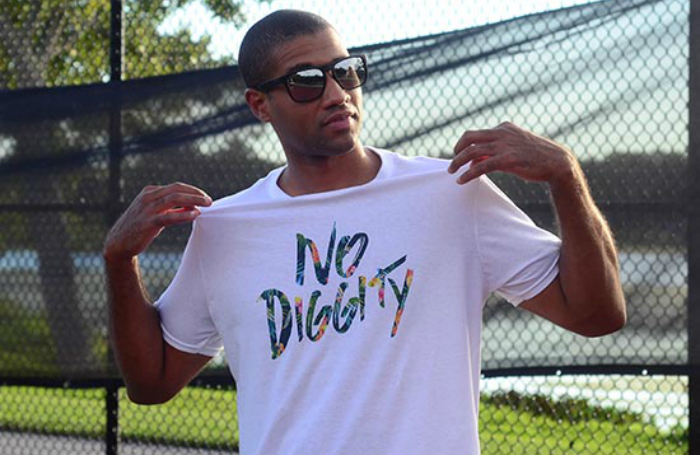
Good call! - "Right!"; "Well said!"; "Right noticed!" "Well done!". In the role of a noun - the right decision / right step.
Good to go (lock and load - ready to fire)! - “Ready!”; "Gotovchenko!"; "Order!" Means the state of readiness that “everything is captured,” according to a schedule or under control. Initially, the military phrase, which is usually said before the landing of soldiers from an airplane in the sky.
Are you done getting ready yet ?! - Yup, we're good to go!
Roger! = Understood! - “I understand you!”; "Took note!". Also a military word. At the end, you can add "that."

And here's a phrase for the day at last:
Ain't no thing but a chicken wing! = Not a big concern! = Don't worry about it! - So they say about an insignificant event or a petty problem in a person's life, about which he panics.
Can be used to encourage, but more often it is spoken with sarcasm. The phrase hints that chickens have wings, but they cannot fly, which makes their wings useless. It is necessary to pronounce “thang” and “wang”.
That's it! We hope this article was OKAY for ya! Good to go! Somewhere ...
Now you are armed for daily conversations. But do not rush to agree with everyone! Better visit KFC and have a chicken wang! Plus don't forget to spit some slang!
Stay classy!

→ Study in the online game mode - download in English on the online courses from EnglishDom.com.
According to the link - 2 months of premium subscription for all courses as a gift.
→ For live communication - choose individual training via Skype with a teacher.
The first trial lesson is free, register here. The promo code goodhabr2 - 2 lessons as a gift when buying from 10 lessons. The bonus is valid until 05/31/19.
In addition to a small tour of the history of the word, in this article you are waiting for the unique slang synonyms "OK" and a few colloquial expressions on the subject. So, jump in!
Brief history, OK?
Few people know that in fact it all started with a language quirk in the 1830s. You may have heard a dozen theories about the emergence of words from one or another language, but there is one more interesting than others.
The word appeared about 200 years ago. In the 1830s, even before the appearance of any memes, people were already amused by deliberately erroneous abbreviations and words in local newspapers.
And one of these "jokes" had the imprudence to get stuck in them longer than the others: "OK", abbreviated from "oll korrect" (all correct). There were other "abbreviations" like "KC" = "knuff ced" = "enough said", "KY" = "know yuse" = "no use", "OW" = "oll wrigh" t = "all right".

The word became popular (hit the big time), starting with its debut in the 1839 edition of the Boston Morning Post. Other publishers immediately picked up the wave and began to spread it across the country.

Further, the fame of “OK” increased thanks to the eighth president of the United States, Martin Van Buren and his “OK clubs”. The pseudonym “Old Kinderhook” (Kinderhook is a city in the state of New York where the president was born) during the Buren campaign gave birth to the advertising slogan “Old Kinderhook is OK” = “Old Kinderhook is Oll Korrect”. Apt slogan, is not it?

And then the telegraph appeared. It is thanks to him that the word reached the peak of its popularity. “OK” turned out to be very convenient - it was easy to tap, and it stood out significantly from other words.
It's all about K
Many believe that the secret of success lies precisely in the letter "K". Not everyone knows that in the popularity rating of English letters "K" already occupies 22 place! After it, only 4 follow: "J", "Q", "Z", "X". Consequently, people began to show interest in the letter and replace it with the familiar “C” in branding and marketing.

Later, in the 20th century, it became a kind of trend and continues to this day.




And so the word "OK" turned out to be the main "neutral confirmation" of today.
Until you get to the “nails of the article” (can we put it that way?), According to tradition, we offer a glimpse into our Video Practice . Well, or go there after reading. There is an analysis of the main video on the topic. Do not miss!
OK substitutes and related words
In the event that you suddenly want to respond to what has been said or express your consent in some other way, the following list may be very helpful.
It looks fine to me / that's fine - everything seems to be in order; looks good, as for me; "Norms";
right - "exactly"; "Yeah"; "Aha." It usually says when you really disagree with someone. It is necessary to pronounce with suspicion, incredulously;
forget it - “forget” (everything is in order); "It is already in the past"; "Throw"; "Leave it." For example, when they apologize to you, but you have already forgiven;
check - “is”, “done”, “ok”. For example, when reconciling a list.
fair enough - “fair”, “reasonable”, “everything is fair”; "I agree"; "Solidarity"; "The question is removed";
hunky-dory - “no problem”; "Order"; "All the way"; Chiki Peaks; “That is necessary”; "In openwork";
not a big deal- “trifles”, “no trouble”, “nothing terrible”; “Small problem”;
kee-rect (correct) - “true”, “exactly”, “correct”;
will do - good; okay; will come down; I will do so;
it's a deal (then) - “agreed” (then);
alrighty (then) - “okay” (then);
all good - "everything is in order"; "all OK";
green light - give good;
acceptable - “can”;
agreed - agree.

Variants of “yes” : word, ya, yea, yeah, yeppers, yer, yessum, yis, yiss, yisss. OK
options : k, okay, doke; dokee; okee; okee-dokee; okey-dokey; okie-dokie.
Expressions for consent
And you know this, man! = Of course! = Definitely! - "Of course", "That's right!".
Is that your car? And you know this, man!
Damn straight! - "Damn right!", "Straight to the point!", "In the bull's-eye!". So you can aggressively answer someone, for example, the question:
“You think that?” - “Damn straight I am, b * tch!”“All that”, by the way, is usually spoken about people who think everything about themselves, about those who are “on the ponts”. Look at that fool! F * cker thinks he is all that!
Other versions of the agreement in this spirit: "word up", "for real (s)", "fo 'sho'", "true dat", "right on". And not so street: "amen", "bingo", "agreed upon".
Hundo (p) - 100 percent certainty (or dollars). Feel at 100. Even so, you can replace the “hundred”.
Ay Jenny how you doin 'today? - Feelin 'a hundo!
Yo, are you going to the bar tonight? - Hundo!
Sho'nuff (sure enough)! = Most certainly! = Definitely! = Damn right! - "But what about!"; "Still would!"; “Oto!”
Gonna die gonna die!
Would you like to have a drink? - Sho'nuff, gimme a beer.
Now you go to New York, you better check the vid below;)
Simon = Yeah or Yes = Si - the Spanish version of "Yes, of course." It is usually pronounced by Mexicans, Latin Americans, “cholitas and dangerous SS or“ vatos ”(brotherhoods) as“ Sea-Mon ”. This is “chicano slang”, you guessed it.
Yo ese, can I talk to ya for a sec? - Simon!
Hell (s) to the yes! - "Oh yeah!"; "Bull's-eye!"; "Hell yes!".
Hey Andy, you going to the party on Saturday? - Hell to the yes I am!
No diggity! = No doubt! - "Without a doubt!"; "Vernyak!" "Stopudovo!".
Einstein was smart! - No diggity?
He's got a big head! - No diggity!

Good call! - "Right!"; "Well said!"; "Right noticed!" "Well done!". In the role of a noun - the right decision / right step.
Let's go and get wasted! - Good call!
Good to go (lock and load - ready to fire)! - “Ready!”; "Gotovchenko!"; "Order!" Means the state of readiness that “everything is captured,” according to a schedule or under control. Initially, the military phrase, which is usually said before the landing of soldiers from an airplane in the sky.
Are you done getting ready yet ?! - Yup, we're good to go!
Roger! = Understood! - “I understand you!”; "Took note!". Also a military word. At the end, you can add "that."
Turn right from next lights. - Roger.

And here's a phrase for the day at last:
Ain't no thing but a chicken wing! = Not a big concern! = Don't worry about it! - So they say about an insignificant event or a petty problem in a person's life, about which he panics.
Can be used to encourage, but more often it is spoken with sarcasm. The phrase hints that chickens have wings, but they cannot fly, which makes their wings useless. It is necessary to pronounce “thang” and “wang”.
Dave: Man I can’t work on Saturday
Steve: Hey man
Scott: Hey man, thanks for me bury that body!
Simon: Ain't no thang but a chicken wang.
Conclusion
That's it! We hope this article was OKAY for ya! Good to go! Somewhere ...
Now you are armed for daily conversations. But do not rush to agree with everyone! Better visit KFC and have a chicken wang! Plus don't forget to spit some slang!
Stay classy!
EnglishDom.com - online English learning platform

→ Study in the online game mode - download in English on the online courses from EnglishDom.com.
According to the link - 2 months of premium subscription for all courses as a gift.
→ For live communication - choose individual training via Skype with a teacher.
The first trial lesson is free, register here. The promo code goodhabr2 - 2 lessons as a gift when buying from 10 lessons. The bonus is valid until 05/31/19.
